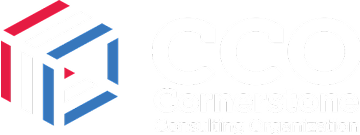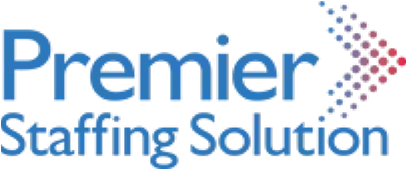“AI will likely be the best—or worst—thing ever to happen to humanity.” – Elon Musk
While Musk’s words provoke both excitement and caution, there’s no denying the transformative power of AI. In the Knowledge Process Outsourcing (KPO) industry, this technology isn’t just a trend—it’s a game-changer. From automating mundane tasks to delivering lightning-fast data insights, AI is revolutionizing operations and slashing costs like never before.
Recent reports from Deloitte reveal that businesses leveraging AI in KPO have seen cost reductions of up to 40%, with enhanced efficiency and accuracy as additional benefits. The question is no longer if AI will change the KPO landscape, but how fast businesses can adapt.
Let’s dive into five ways AI is cutting costs in KPO services and how it’s setting the stage for an innovative, cost-effective future.
1. Automating Repetitive Tasks: The Power of Robotic Process Automation (RPA)
Repetitive tasks like data entry, document processing, and invoice handling consume significant time and labor costs in KPOs. AI-driven Robotic Process Automation (RPA) automates these mundane activities, enabling employees to focus on complex, high-value work.
Case Study:
A global financial KPO firm deployed RPA to handle compliance reporting and invoice processing. The results were dramatic:
- Processing time was reduced by 70%.
- Operational costs dropped by 30%.
(Source: Deloitte Report on RPA in KPO)
Impact on Costs:
- Reduced staffing costs for manual tasks.
- Eliminated errors associated with repetitive human efforts.
2. Improving Data Analysis with AI-Powered Insights
Data is at the heart of KPO services. Traditionally, analyzing vast datasets was labor-intensive and prone to human error. AI tools like machine learning (ML) and predictive analytics have revolutionized this process by enabling rapid and accurate analysis.
Example:
A pharmaceutical KPO used AI-driven analytics to streamline drug research reports.
- The firm reduced analysis time by 50%, saving millions annually in labor costs.
Stat:
McKinsey estimates that AI-powered data analysis could save KPOs over $1 trillion annually in operational costs by 2030.
3. Streamlining Knowledge Extraction with Natural Language Processing (NLP)
KPO services often involve reviewing and extracting insights from unstructured data like emails, PDFs, and research papers. AI’s Natural Language Processing (NLP) can automate this process, dramatically cutting down on time and resources.
Case Study:
A market research KPO integrated NLP tools to summarize market trends from thousands of reports.
- The firm achieved a 65% reduction in time spent on manual analysis.
- Annual costs dropped by $500,000.
Impact on Costs:
- Reduced time spent on unstructured data extraction.
- Lowered dependency on large research teams.
4. Enhancing Accuracy with AI-Powered Quality Control
Errors in KPO services can be costly, especially in sectors like finance and healthcare. AI-powered quality control systems use algorithms to detect anomalies and flag errors before they escalate, saving time and money on corrections.
Example:
A financial KPO utilized AI to audit client reports automatically.
- Accuracy improved by 90%, reducing rework costs by over $1 million annually.
- Client satisfaction scores soared.
Stat:
According to PwC, businesses using AI for quality control experience 30% fewer errors compared to traditional methods.
5. Reducing Training Costs with AI-Powered Learning Tools
Employee training in KPOs is both essential and expensive. AI-based adaptive learning systems tailor training programs to individual employees, reducing the time and costs associated with traditional training methods.
Case Study:
A healthcare outsourcing firm implemented AI-based training modules for new hires.
- Training costs were reduced by 35%.
- Employee performance improved by 25%, leading to higher productivity.
Impact on Costs:
- Shortened onboarding times.
- Minimized investment in training personnel and resources.
The Future of AI in KPO: What to Expect
AI is expected to drive even greater efficiency in KPO services. By 2030:
- Over 80% of repetitive tasks in KPOs will be automated.
- The global AI market will contribute over $15 trillion to the economy. (Source: PwC Report)
With advancements in AI tools like Generative AI and AI-based decision-making systems, the KPO industry is on the brink of unprecedented transformation.
How Flynaut Can Help You Leverage AI in KPO Services
At Flynaut, we specialize in helping businesses integrate AI technologies to streamline processes and reduce costs. Whether it’s developing AI-powered automation tools, enhancing data analysis capabilities, or implementing NLP solutions, we have the expertise to drive transformation in your KPO services.
Why Flynaut?
- Proven track record in delivering custom AI solutions.
- Expertise in RPA, NLP, and predictive analytics.
- Tailored strategies to maximize cost savings and efficiency.
Ready to Transform Your KPO Services?
Partner with Flynaut to unlock the full potential of AI in your operations.
Let us help you save costs, improve accuracy, and deliver exceptional results.
Contact us today.




















